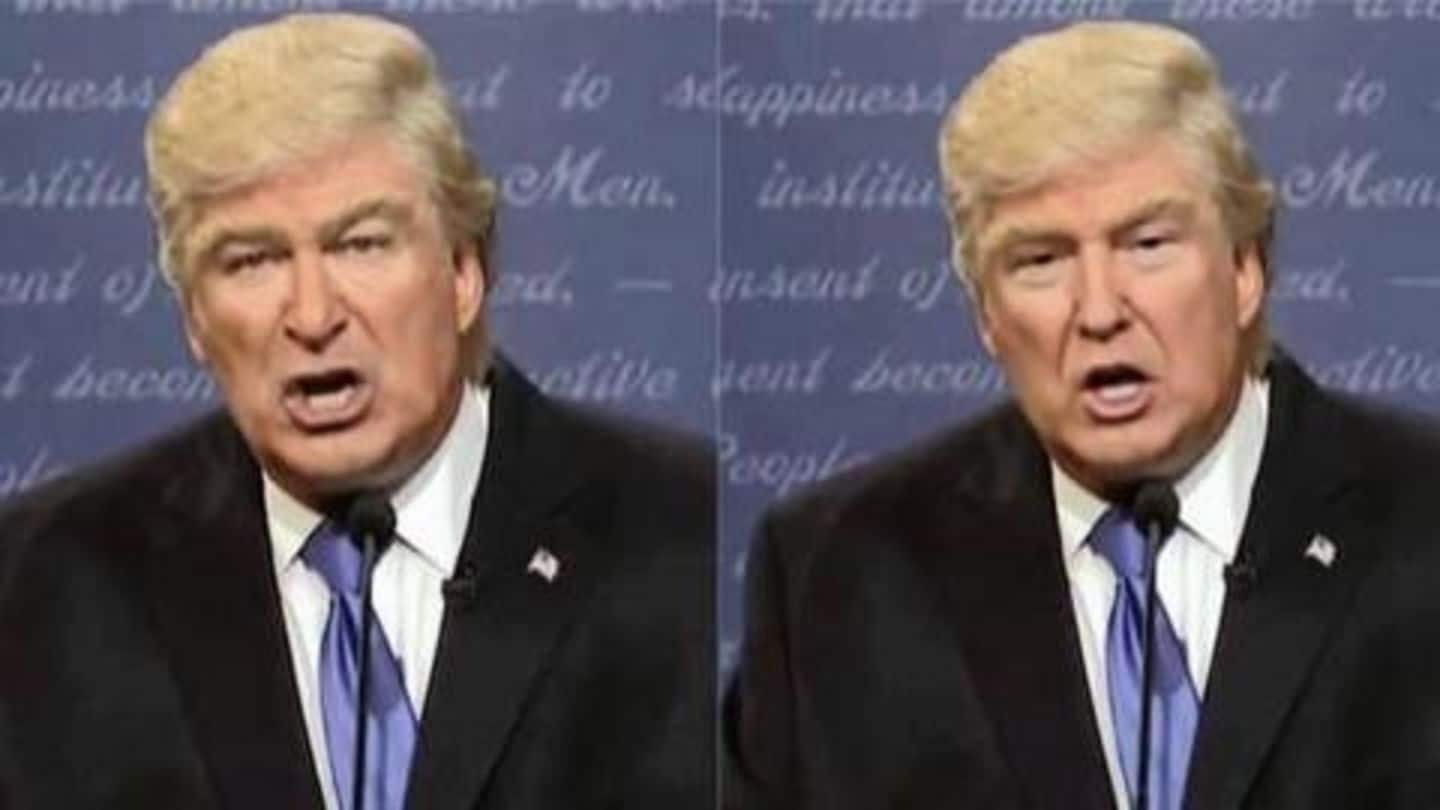
Google releases thousands of deepfakes to combat deepfakes
What's the story
In a bid to combat the spread of fabricated videos generated by the way of AI, also known as deepfakes, Google has released a dataset containing thousands of deepfakes of its own. The move, according to the tech giant, is aimed at helping engineers and researchers, around the world, develop appropriate tools to detect such videos as quickly and seamlessly as possible. Here's more.
Issue
Newest avatar of misinformation: Deepfakes
Deepfake videos, synthesized with a deep neural network, show the face of one person (the target) in another one's video (the source). The clips are created with so realism that one can easily make a person, say a celebrity or politician, do or say something that they wouldn't normally. Now, this exactly makes up the new avatar of misinformation that threatens the web community.
Information
How deepfake videos could impact you
Deepfake videos appear so realistic that people can easily be misled into believing things or activities that haven't happened at all. Imagine a disinformation campaign showing politicians speaking nonsense during elections. They could even be used to show celebrities in pornographic videos.
Detection
Researchers are working on detection tools
Currently, you can detect some blips in deepfakes to tell that a video is fabricated, but as this technology continues to evolve, it would be impossible to figure out the differences. Deepfake researchers/engineers, around the world, realize this problem and are working on AI-powered detection tools to flag and get such videos taken down from the internet.
Help
And now, Google is offering help
Now, with 2020 US Presidential elections on the way, Google is offering help in expediting the development of deepfake detection tools. The search giant has created and released as many as 3,000 deepfakes of actors (with their permission of course), giving engineers working on detection methods a huge dataset to train their algorithms and make them as accurate as possible.
Plan
More videos to be added in the database
Google published the videos after filming the actors in a variety of scenes and employing public tools to turn those videos to deepfakes. However, it notes that it will continue this process and add more videos to keep with up the evolving deepfake detection tech in the future. As the tools will evolve, the video quality will improve and so will its detection methods.
Quote
Here's what the company said
"We firmly believe in supporting a thriving research community around mitigating potential harms from misuses of synthetic media, and today's release of our deepfake dataset in the FaceForensics benchmark is an important step in that direction," the statement said.